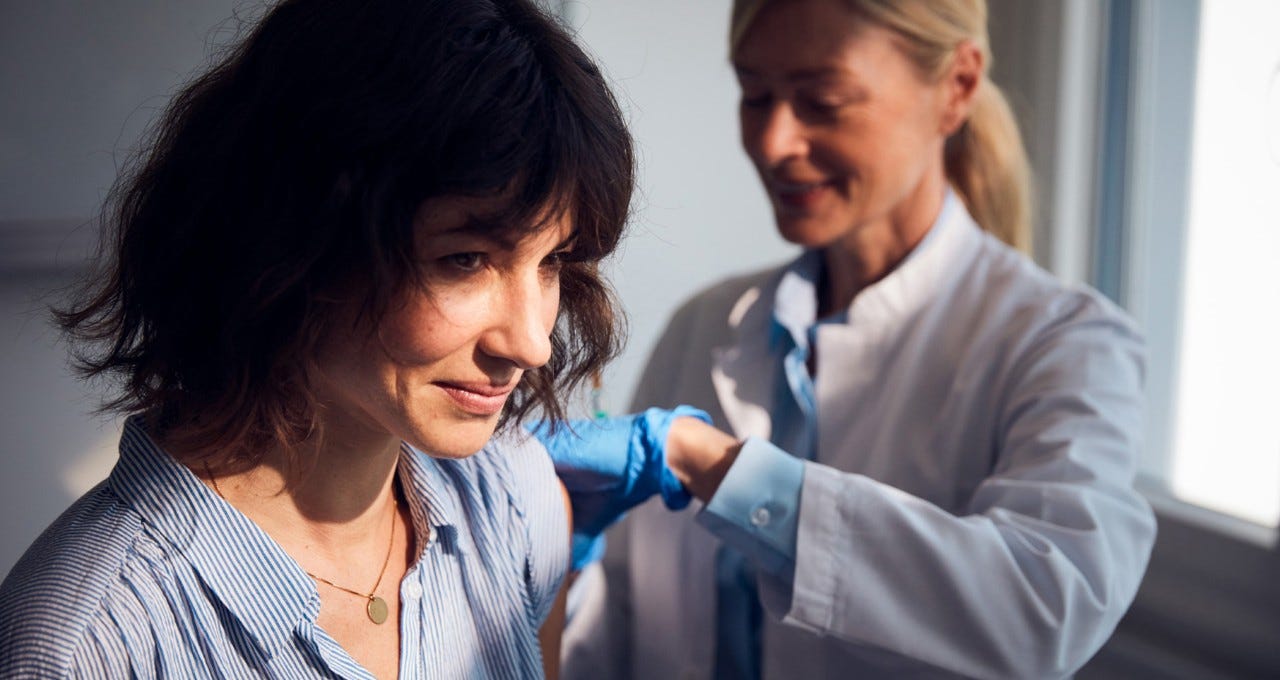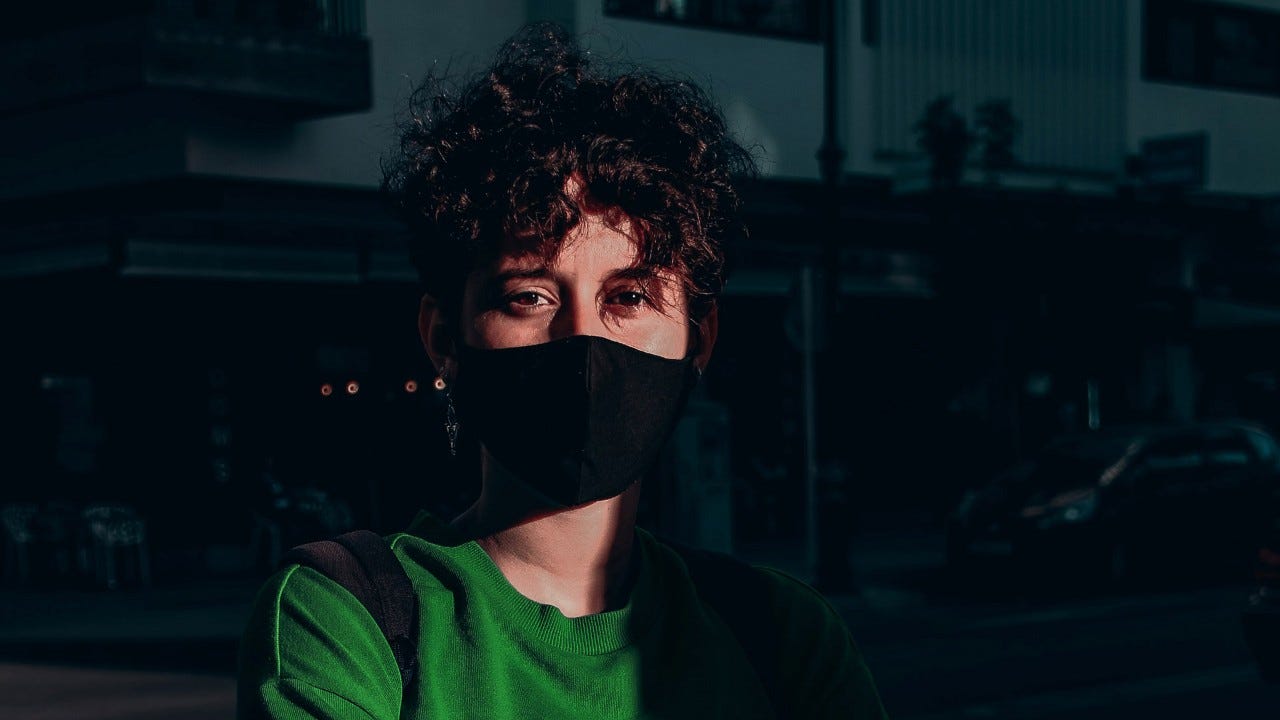COVID-19 and flu vaccines: what you need to know
Winter brings with it all kinds of cold and flu viruses. Which vaccinations should you get to protect yourself through the winter? General practitioner Dr Jörg Eimers talks about the compatibility of the flu and COVID-19 vaccines.

General practitioner Dr Jörg Eimers talks about the compatibility of the flu and COVID-19 vaccines.
What do you recommend this year for people who usually get the flu vaccine in November?
The flu vaccine is particularly recommended for people over the age of 65 or those who are chronically ill. These groups should get the flu vaccine as usual this year – and make sure they are vaccinated against COVID, too, because they are particularly at risk of developing a severe or even fatal COVID infection.
It is now recommended that these risk groups also get a booster vaccination against COVID. What should people do if both jabs are due at the same time?
They should get the COVID booster first. Most cases of flu are recorded in January, so it’s OK to wait until December to get the flu jab. You should leave at least four weeks between getting the COVID booster and the flu jab.
“It’s not a good idea to get the flu and COVID vaccinations at the same time.”
So you don’t recommend people get flu and COVID vaccines at the same time?
Both the COVID and flu vaccines stimulate the immune system, causing the body to make antibodies against each virus. So it’s not a good idea to get both vaccinations at the same time.
What do we need to bear in mind with both vaccines?
You have to be healthy before you get either vaccine, and if you’ve had an acute infection, you should wait until you’re back to full fitness again.
Does the flu vaccine also protect against COVID-19?
No. Although flu, colds and COVID are all caused by viral infections, they are all different. A vaccine is always directed against the outer shell of a virus, and this is different with each virus. This applies to both mRNA and vector vaccines.
“You should seek medical advice if your symptoms last longer than four or five days.”
What side effects should I expect from a vaccination?
Many people feel pain at the point where the needle is injected into the muscle. The first few days after the vaccination, you may experience flu-like symptoms: headaches, joint pain, maybe a slight temperature, sometimes diarrhoea. The symptoms can be treated with the usual flu medication.
What is the difference between real complications and classic side effects – and when should you seek medical advice?
It’s hard to say, because side effects are also complications. It depends on the severity. The above side effects usually subside after a few days. However, if you have severe symptoms or if they last longer than four or five days, you should see a doctor.
Will the flu vaccine also be available as an mRNA vaccine in the future?
A huge amount of research is needed to develop an mRNA vaccine. I can’t imagine that this effort and expense will be invested into the flu jab anytime soon, but you never know. One advantage of the mRNA technique is that changes in the virus can be translated into a new vaccine relatively quickly. You “simply” have to exchange the modified bases in the mRNA.


